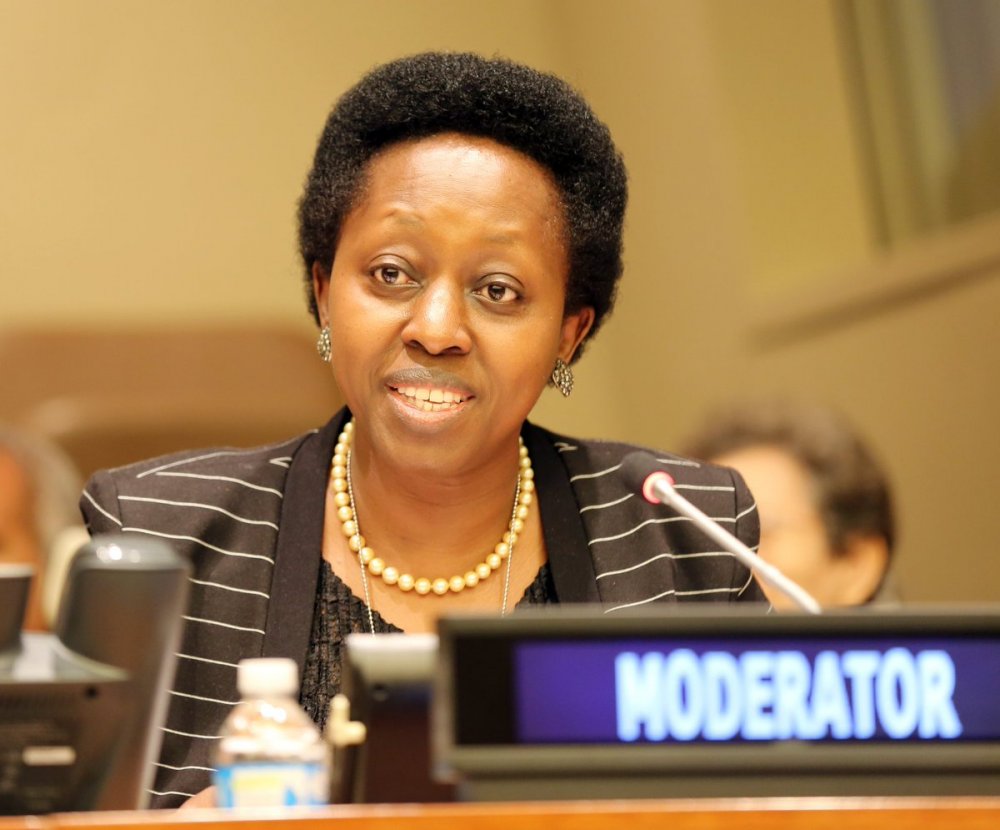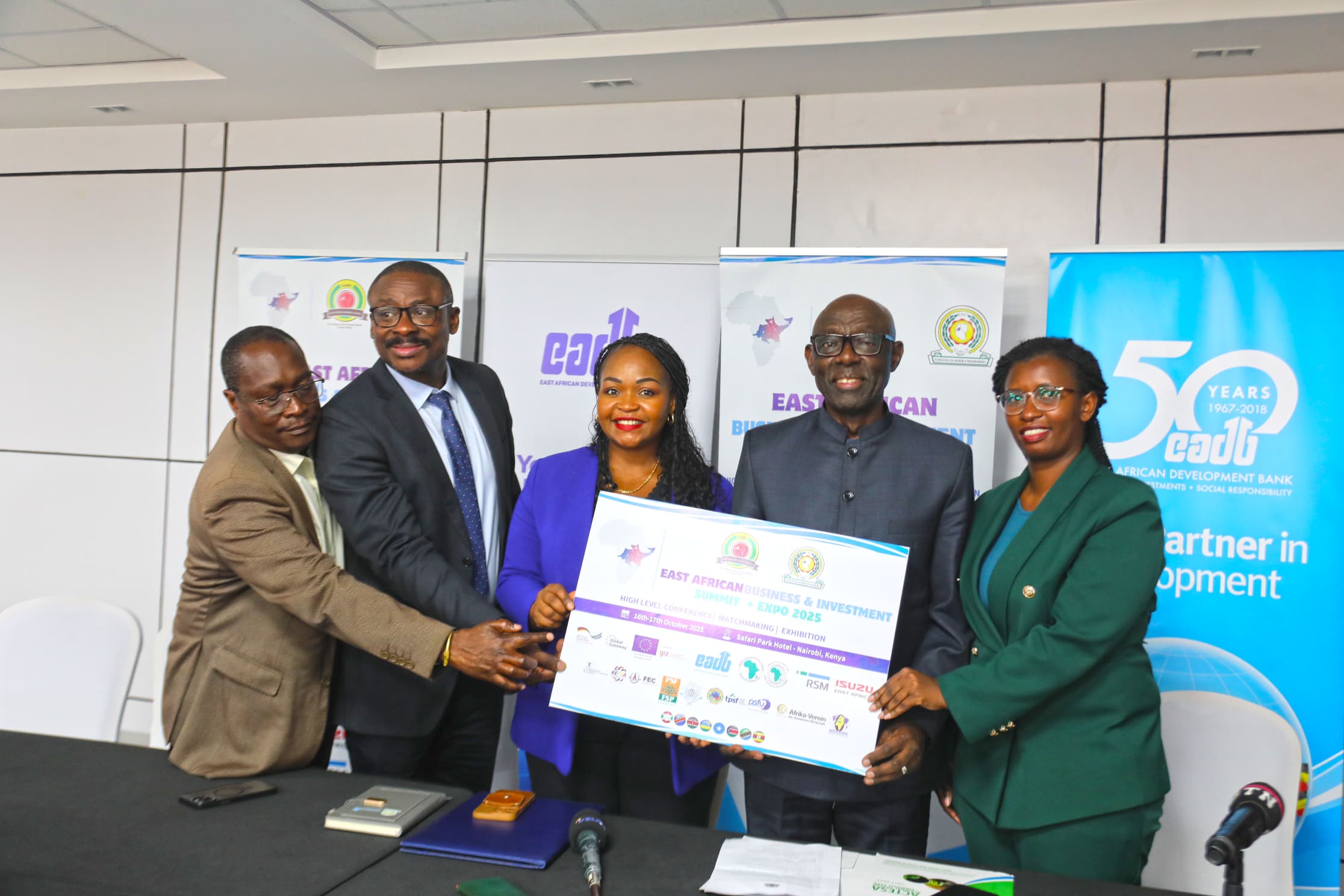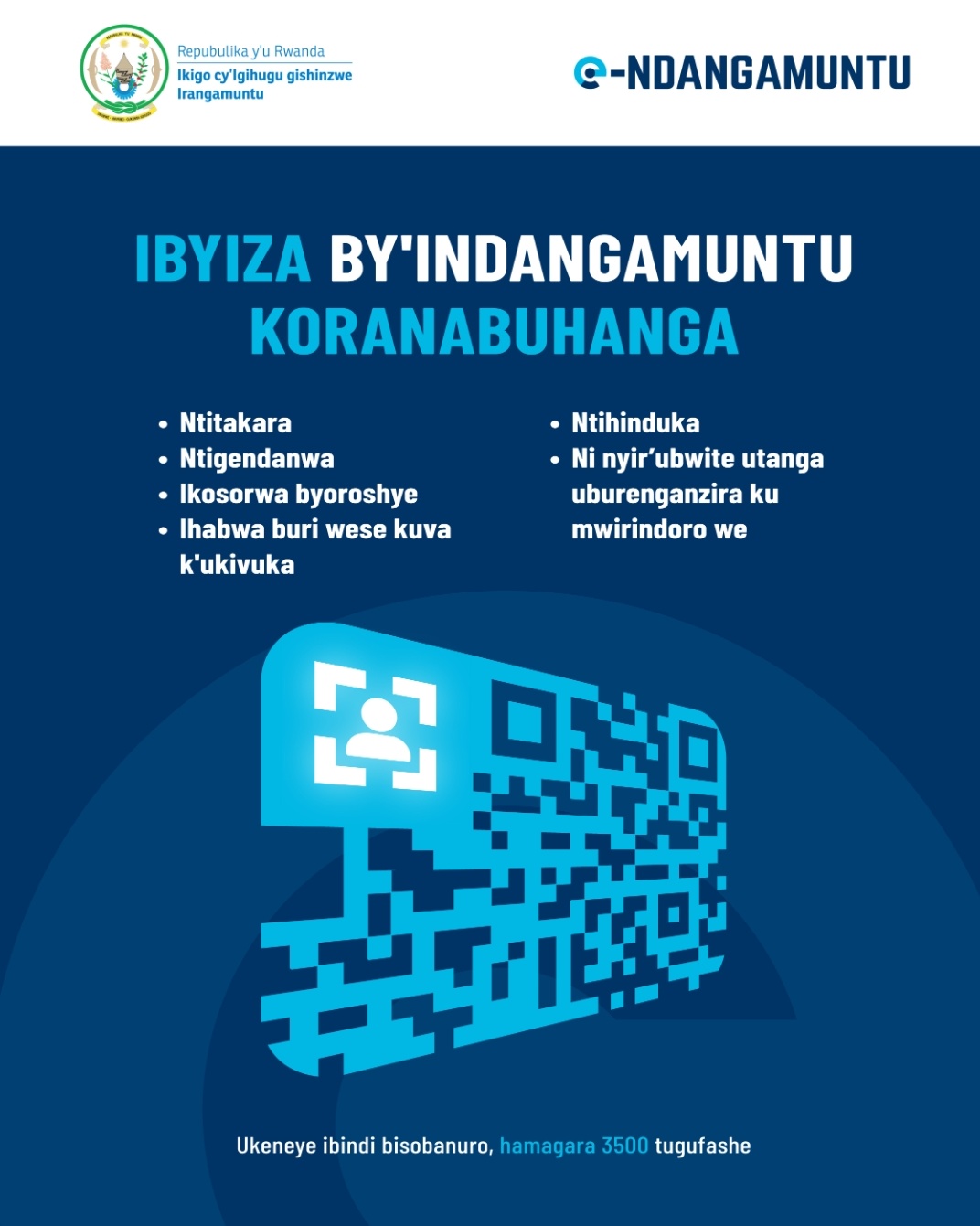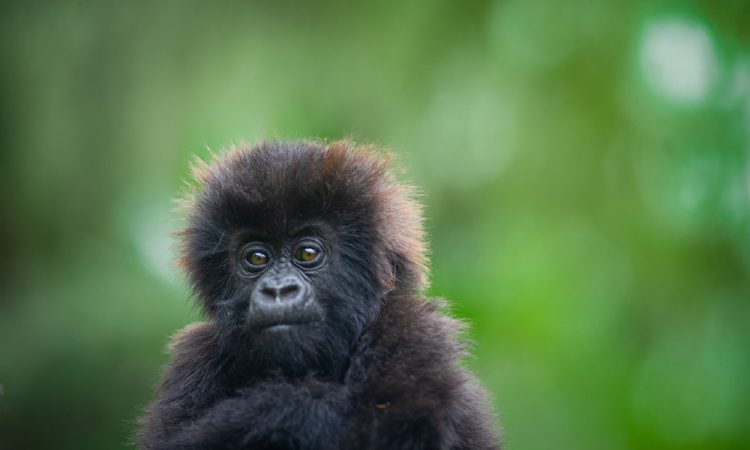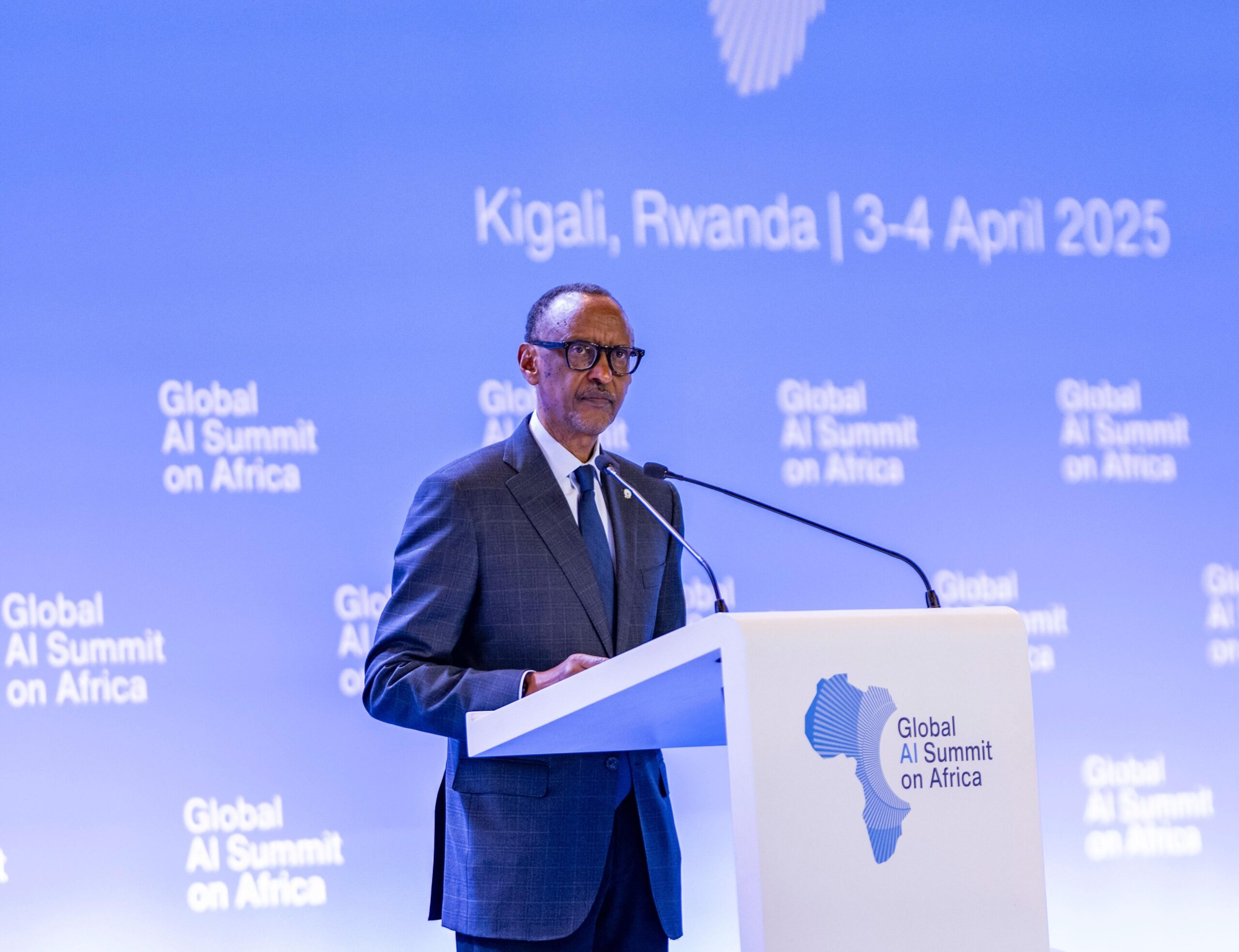
Rwandans, including the President of the Republic, Paul Kagame, are calling for cooperation among African countries to reduce inequality between rural and urban residents in accessing the benefits provided by Artificial Intelligence (AI).
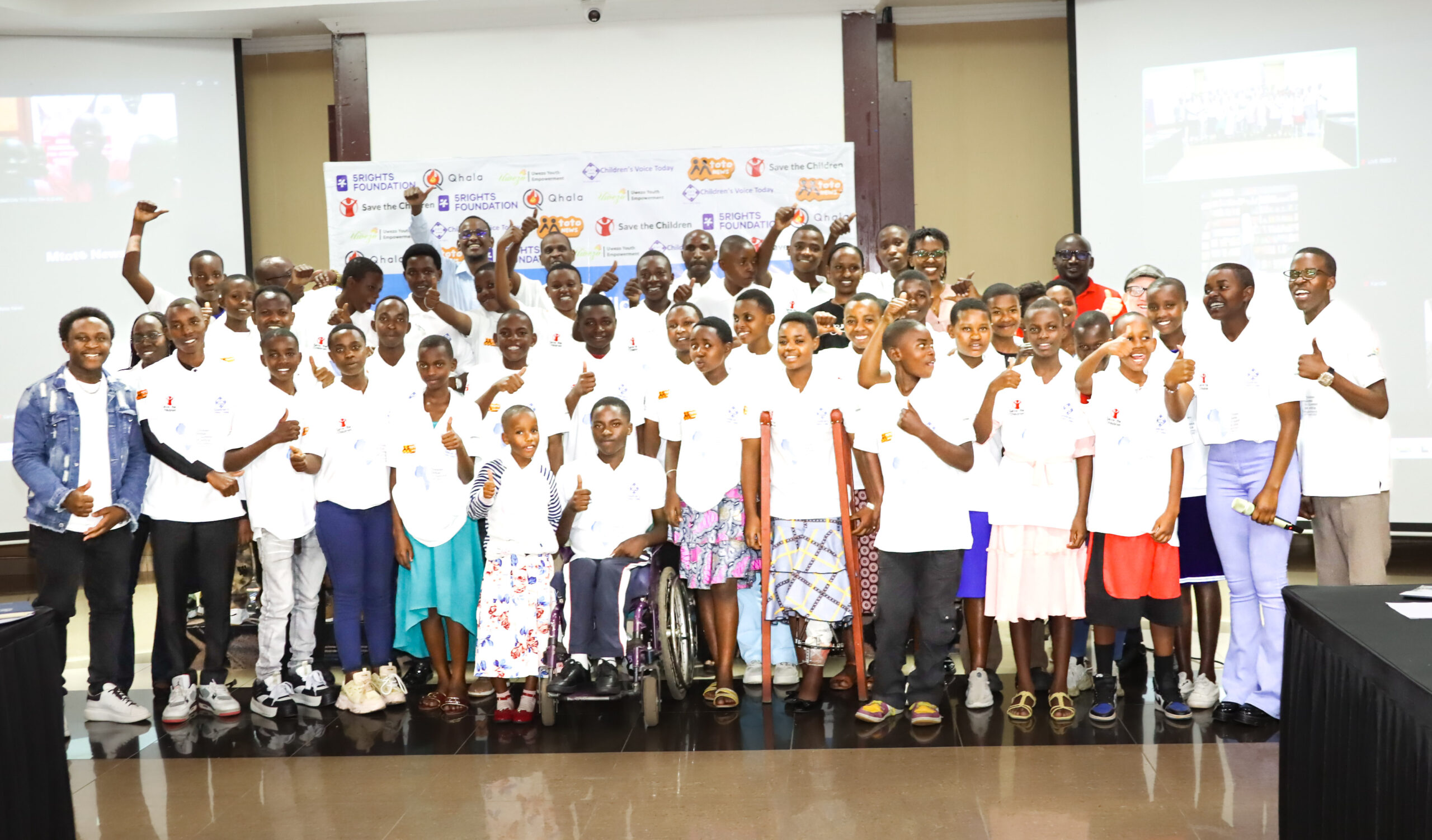
Education is one of the sectors where AI is already being utilized. For example, when a teacher gives homework to students, those with smartphones or computers use tools like ChatGPT, Google, and other online platforms to quickly get accurate and goal-oriented answers.
Meanwhile, those without access to such technology still rely on natural intelligence, taking longer to find answers to their assignments, which often contain errors.
The organization Children’s Voice Today, which advocates for the rights of children and youth, states that people who lack access to AI tools—especially those in rural areas—risk being left behind by their urban counterparts in development, unless the government acts promptly.
Innocent Ntakirutimana, the Executive Secretary of Children’s Voice Today, said, “It is important that our country finds a way to provide this technology to children in rural areas so that they can keep up with those in cities and avoid a situation where one group is left behind while the other advances.”
However, artificial intelligence is also said to be diminishing people’s ability to think independently, especially among children. Instead of doing research on their homework, they immediately turn to AI, which could result in people becoming lazy, Ntakirutimana further explained.
Steven Nshuti, a 17-year-old student in his fourth year of high school studying ICT and electricity at GS Akumunigo TSS in Nyamirambo, said that among the negative impacts of AI is that it can expose users to pornography and drugs through the content it displays.
He said, “This technology shows us inappropriate things, and because we haven’t developed enough critical thinking skills, we end up practicing what we see.”
Nshuti was attending a Children’s Conference held ahead of the Global AI Summit on Africa, organized by Save the Children Rwanda, which urged that the effects of AI on children—both positive and negative—should be carefully considered.
Marcel Sibomana, who is in charge of program quality at Save the Children, said, “Regarding AI, decision-makers must develop inclusive policies, asking, ‘How will every child access this technology?’ and ‘How can we ensure no one is left behind?’ We hope these issues are discussed at the Global AI Summit.”

While opening the summit on Thursday, April 3, 2025, President Paul Kagame called on the African Union to collaborate in ensuring all citizens can access the benefits of AI.
President Kagame said, “Let us work together in guiding AI so that it helps reduce inequality and enables many people to benefit from its advantages.”
He made these remarks in the presence of distinguished guests including Faure Essozimna Gnassingbé, President of Togo; Mahmoud Ali Youssouf, Chairperson of the African Union Commission; and Doreen Bogdan-Martin, Secretary-General of the International Telecommunication Union (ITU).


